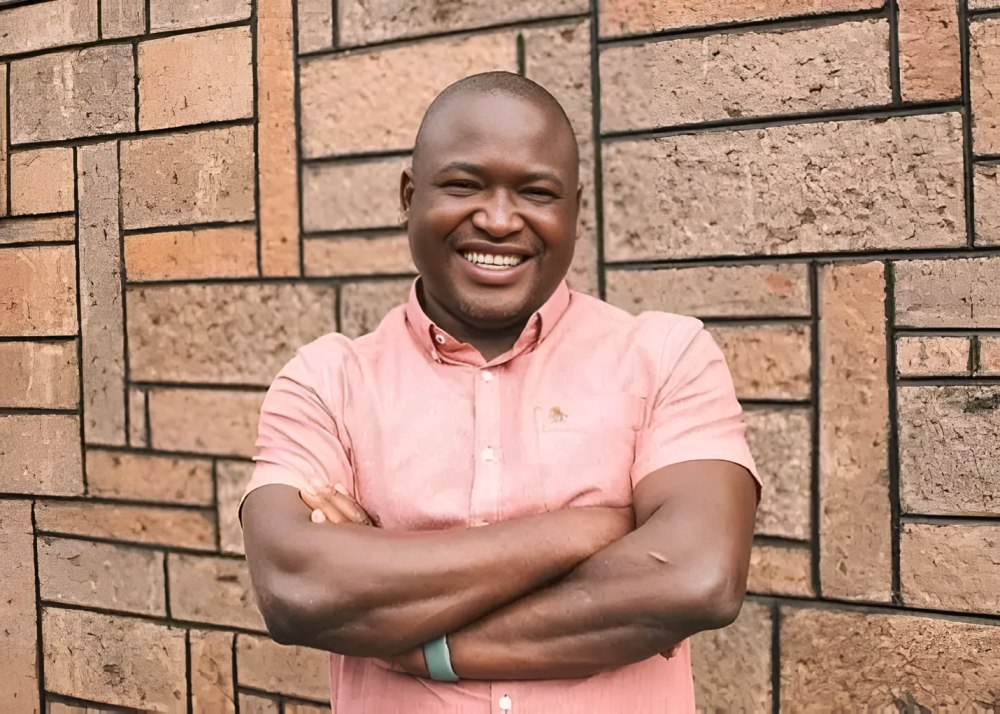From Kibera to global stage: Kennedy Odede named 2025 Nelson Mandela prize winner

The prestigious Nelson Mandela Prize is awarded every five years to individuals who demonstrate lifelong dedication to promoting human rights, social justice, and development.
Kennedy Odede’s journey from growing up in Kibera, one of Kenya’s largest slums, to winning the 2025 United Nations Nelson Mandela Prize is a powerful story of hope, resilience, and community leadership.
Living on the streets by age 10, Odede faced daily struggles that many can only imagine.
But instead of giving up, he found a way to bring people together by saving part of his factory wages to buy a football.
That simple gesture laid the foundation for Shining Hope for Communities (SHOFCO), an organisation that today transforms the lives of more than 2.4 million people across 68 locations in Kenya.
The prestigious Nelson Mandela Prize is awarded every five years to individuals who demonstrate lifelong dedication to promoting human rights, social justice, and development.
Odede shares this global honour with Brenda Reynolds from Canada, a member of the Fishing Lake Saulteaux First Nation in Saskatchewan.
Reynolds has spent decades fighting for Indigenous rights and developing trauma-informed mental health care programs for survivors of Indian Residential Schools.
She is known for her key role in Canada’s court-ordered Indian Residential Schools Settlement Agreement and the national Indian Residential School Resolution Health Support Program, which offers culturally grounded mental health care to survivors and families.
Odede’s path from the Kibera slum to global recognition has been remarkable.
Named one of TIME magazine’s 2024 100 Most Influential People, he has become a leading voice on urban transformation, speaking at major platforms such as USAID, the World Economic Forum, the Obama Foundation, and the Clinton Global Initiative.
His story began with a football but grew into SHOFCO’s broad work, delivering clean water through an aerial system, providing free education for girls, running healthcare centres, and setting up a rapid response program for gender-based violence.
Through the SHOFCO Urban Network (SUN), more than two million Kenyans are mobilised to drive change from within their own communities.
This local leadership model shows how real, lasting development happens when people are empowered to lead.
United Nations Secretary-General António Guterres will present the award to Odede and Reynolds on July 18, Nelson Mandela International Day.
Ahead of the ceremony, Guterres said, "This year’s Mandela prize winners embody the spirit of unity and possibility – reminding us how we all have the power to shape stronger communities and a better world."
Established in 2014, the Nelson Mandela Prize honours individuals whose lives reflect the legacy of the late South African president’s leadership, humility, service, and unity.
For Odede, the prize is a recognition not only of his work but of the thousands of voices he represents — voices from the slums who refuse to be defined by hardship.
